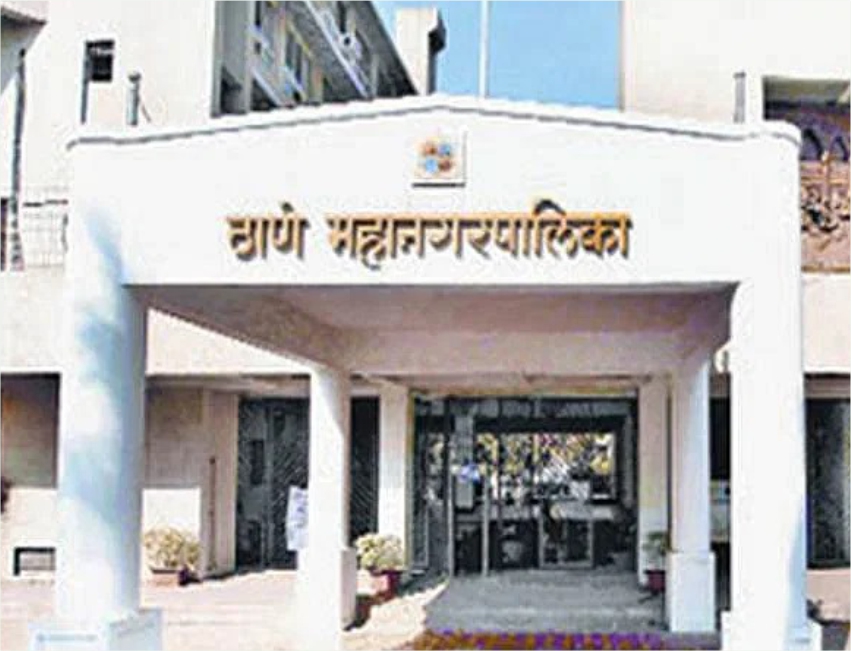Bivalkar's land: CIDCO allots Rs 1,000 crore plot despite forest reserve status

- Vikram Gaikwad
- 26 Dec, 2024
In a contentious move, CIDCO has allotted a plot worth Rs 1,000 crore to the Bivalkar family under the 12.5 percent scheme, despite the land being declared a reserved forest and transferred to the Forest Department 65 years ago. The Deputy Conservator of Forests, Alibaug, and the Area Forest Officer, Uran, have repeatedly raised concerns, but CIDCO's silence has sparked allegations of corruption.
The disputed land, spread across Dapoli, Targhar, Kopar, Sonkhar, and Ulwe in Panvel taluka, was declared a reserved forest under the Indian Forest Act, 1927. A notification to this effect was published on October 21, 1959. Additionally, the Maharashtra Private Forests (Acquisition) Act, 1975, transferred such lands to the government, making them de jure reserved forests, precluding any compensation to private individuals.
Despite these legal frameworks, CIDCO allotted 52,000 sq. m. of land in Ulwe to Yashwant Bivalkar. The Forest Department claims CIDCO has not shared crucial documents justifying the allocation, including the land award, board resolutions, and details of the computer lottery. This lack of transparency has raised suspicions about the functioning of CIDCO officials.
A legal suit (No. 168/2017) in the Alibaug court involves ownership claims by the Bivalkar family and descendants of Shrimant Kanhoji Angre. Furthermore, CIDCO's claims against the Bivalkars are pending in the Supreme Court, adding to the controversy over the allocation.
For 30 years, the Bivalkars were deemed ineligible for the 12.5 percent scheme, a position upheld by the government and CIDCO. However, the Urban Development Department recently reversed this status, declaring the Bivalkars eligible and expediting the plot allocation. Critics, including project victims deprived of plots, allege this decision reeks of favoritism and corruption.
The Forest Department has urged CIDCO to verify the reserved status of any land before making decisions. Letters from the Uran Range Officer and other officials emphasize that compensating private individuals for forest land is inappropriate under existing laws.
The writer is a freelancer




